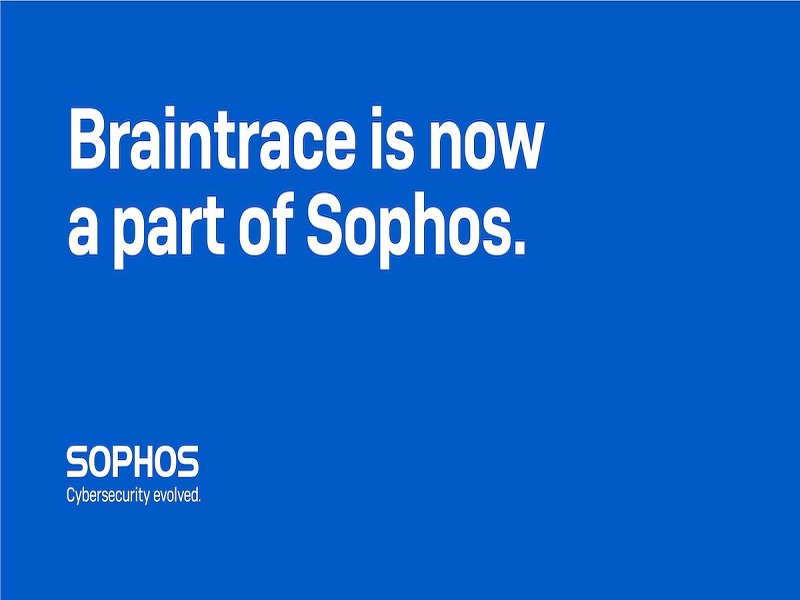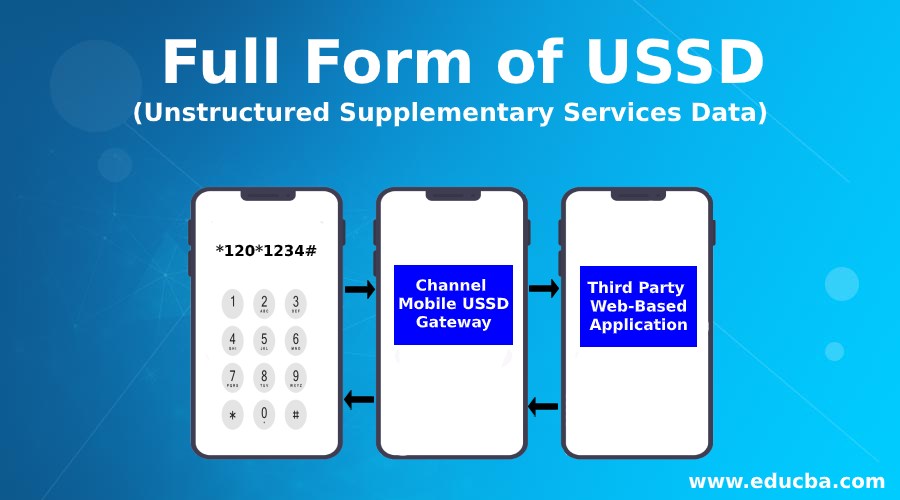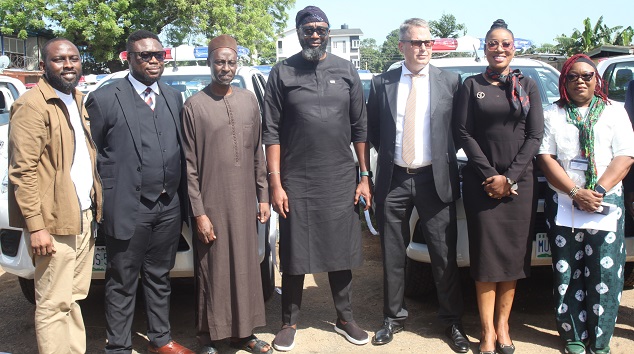Telecom
Sophos Acquires Braintrace to Boost Adaptive Cybersecurity Ecosystem

Sophos, a global leader in next-generation cybersecurity, today announced that it has acquired Braintrace, further enhancing Sophos’ Adaptive Cybersecurity Ecosystem with Braintrace’s proprietary Network Detection and Response (NDR) technology.

Braintrace’s NDR provides deep visibility into network traffic patterns, including encrypted traffic, without the need for Man-in-the-Middle (MitM) decryption.
Located in Salt Lake City, Utah, Braintrace launched in 2016 and is privately held.
As part of the acquisition, Braintrace’s developers, data scientists and security analysts have joined Sophos’ global Managed Threat Response (MTR) and Rapid Response teams.
Sophos’ MTR and Rapid Response services business has expanded rapidly, establishing Sophos as one of the largest and fastest-growing MDR providers in the world, with more than 5,000 active customers.
Braintrace’s NDR technology will support Sophos’ MTR and Rapid Response analysts and Extended Detection and Response (XDR) customers through integration into the Adaptive Cybersecurity Ecosystem, which underpins all Sophos products and services.
The Braintrace technology will also serve as the launchpad to collect and forward third-party event data from firewalls, proxies, virtual private networks (VPNs), and other sources.
These additional layers of visibility and event ingestion will significantly improve threat detection, threat hunting and response to suspicious activity.
 Joe Levy, chief technology officer, Sophos
Joe Levy, chief technology officer, Sophos
“You can’t protect what you don’t know is there, and businesses of all sizes often miscalculate their assets and attack surface, both on-premises and in the cloud. Attackers take advantage of this, often going after weakly protected assets as a means of initial access. Defenders benefit from an ‘air traffic control system’ that sees all network activity, reveals unknown and unprotected assets, and exposes evasive malware more reliably than Intrusion Protection Systems (IPS),” said Joe Levy, chief technology officer, Sophos. “We’re particularly excited that Braintrace built this technology specifically to provide better security outcomes to their Managed Detection and Response (MDR) customers. It’s hard to beat the effectiveness of solutions built by teams of skilled practitioners and developers to solve real world cybersecurity problems.”
Sophos will deploy Braintrace’s NDR technology as a virtual machine, fed from traditional observability points such as a Switched Port Analyzer (SPAN) port or a network Test Access Point (TAP) to inspect both north-south traffic at boundaries or east-west traffic within networks.
These deployments help discover threats inside any type of network, including those that remain encrypted, serving as a complement to the decryption capabilities of Sophos Firewall.
The technology’s packet and flow engine feeds a variety of machine learning models trained to detect suspicious or malicious network patterns, such as connections to Command and Control (C2) servers, lateral movement and communications with suspicious domains.
Since Braintrace built its NDR technology specifically for predictive, passive monitoring, its engine also provides intelligent network packet capture that IT security administrators and threat hunters can use as supporting evidence during investigations. The novel NDR analysis and prediction technique is patent pending.
According to Gartner, “compared with traditional approaches, where malicious behavior is defined ahead of time in the form of prebuilt signatures and detection engines inspecting traffic looking for matches, NDR takes a different approach. Instead of only inspecting traffic against a list of known bad payloads or behaviors, NDR also focuses on looking for unknown patterns in the network traffic, calculating a probability as to whether that anomaly is malicious.”
Gartner further notes that, “the machine learning algorithms that are at the core of many NDR products help to detect anomalous traffic that is often missed by other detection techniques. The optional automated response capabilities help to offload some of the workload for incident responders. The threat hunting functionality provides valuable tools for incident responders.”
“NDR is critical to successful threat hunting. Braintrace’s competitive differentiation is its unique NDR technology that our MDR analysts leveraged for finding, interrupting and remediating cyberattacks,” said Bret Laughlin, CEO and co-founder of Braintrace. “With our own NDR technology, the team responds faster and more accurately because of the real-time, automated visibility and threat verification they have into encrypted traffic. We built Braintrace’s NDR technology from the ground up for detection and now, with Sophos, it will fit into a complete system to provide cross-product detection and response across a multi-vendor ecosystem.”
 British cybersecurity software and hardware company Sophos Group plc’s Silicon Valley office in Santa Clara, California by Gettyimages
British cybersecurity software and hardware company Sophos Group plc’s Silicon Valley office in Santa Clara, California by Gettyimages
Braintrace’s NDR technology is a key component for defending against cyberattacks today and in the future. Sophos research demonstrates how adversaries aggressively and constantly change tactics to evade detection and execute their attacks.
Braintrace’s technology helps uncover malicious C2 traffic from malware, such as ColbaltStrike, BazaLoader and TrickBot, as well as zero-days, that could lead to ransomware and other attacks.
This visibility allows threat hunters and analysts to pre-empt any potential ransomware attack, including recent strikes by REvil and DarkSide.
Sophos plans to introduce Braintrace’s NDR technology for MTR and XDR in the first half of 2022.
Telecom
9mobile Nigeria Inks Agreement to Roam with MTN

9mobile, Nigerian operator, has reportedly gained approval for roaming on the MTN Nigeria network in a deal that some commentators suggest could improve its position in the market and, more specifically, tempt back lost subscribers.

After finally gaining regulatory approval from the Nigerian Communications Commission (NCC), 9mobile plans to launch national roaming services on the MTN network from this month.
Under the agreement, 9mobile subscribers will gain access to MTN’s infrastructure for calls, texts and data in areas where 9mobile’s coverage is weak or unavailable.
For 9mobile, the deal offers a cost-effective way to expand coverage without the heavy investment required for nationwide infrastructure.
According to ITWeb Africa, the decision comes nearly five years after initial discussions – much longer than expected due, the Techloy news service said, to regulatory bottlenecks, shifting market conditions, and unclear execution timelines.
It may, however, prove pivotal for 9mobile, whose market share has dwindled to 1.72% in April 2025, down from 6.6% in 2020 when the proposal was first submitted. Indeed, in 2015 the company once known as Etisalat Nigeria had over 23 million subscribers and a 15.7% market share.
Of course, there’s also something in this for MTN. In exchange for network access, MTN gains utilisation rights to 9mobile’s underused spectrum in the 900MHz, 1800MHz, and 2100MHz bands – key frequencies for expanding coverage and improving data capacity.
For MTN, which serves over 84 million subscribers, this additional spectrum could reduce congestion and improve service quality.
The company has also had financial difficulties in the Nigerian market due to the naira’s substantial depreciation; this deal could support better service provision at a reduced cost.
That said, MTN Nigeria’s results for the first quarter to March 31 2025 were apparently much improved, and the company recently announced a massive capital expenditure drive for 2025 of some NGN900 billion (US$568.5 million) as it seeks to significantly enhance network service quality in major cities like Lagos and Abuja and extend improvements to other areas.
Telecom
Banks, Telcos to Start Deducting USSD Charges from Airtime Today

Banks and telecom companies will begin deducting USSD banking charges directly from customers’ airtime instead of their bank accounts beginning from today, June 3.

USSD, otherwise Unstructured Supplementary Service Data, is a communications protocol used by GSM cellular telephones to interact with a mobile network operator’s computers.
First City Monument Bank (FCMB) announced this change in an e-mail message to customers, following a directive from the Nigerian Communications Commission (NCC).
Key details:
Each USSD session will cost ₦6.98 per 120 seconds, charged by your mobile network.
You will be asked to approve the charge before it’s deducted from your airtime.
If you prefer, you can use other banking channels like ATMs, mobile apps, or internet banking.
This change is part of a move to end the long-standing debt dispute between banks and telecoms over unpaid USSD fees.
As of late 2024, banks owed telecom companies ₦160 billion. For example, MTN was owed ₦42 billion by Nigerian banks.
By shifting USSD fees to customers’ airtime, the telcos aim to recover these debts and avoid future issues.
Telecom
IHS Nigeria Moves to Enhance G4S Secure Solutions Site Patrols and Increase Operational Efficiency with Patrol Vehicles

IHS Nigeria, a subsidiary of IHS Holding Limited and one of the largest independent owners, operators, and developers of shared telecommunications infrastructure in the world by tower count, has formally commissioned 65 Response, Patrol, and Escort (RPE) vehicles to G4S Secure Solutions Nigeria Limited, its long-standing security partner.

The commissioning ceremony which held in Ikeja GRA, Lagos, underscores IHS Nigeria’s commitment to operational excellence, safety, and strategic partnerships.
The fully equipped vehicles, customized with radio systems, public address systems, medical kits, ladders, and amber lights, are expected to significantly enhance G4S’s patrol capabilities and enable proactive risk mitigation across IHS Nigeria’s infrastructure footprint in the country.
Speaking at the event, Jubril Saba, Vice President, Operations at IHS Nigeria, remarked: “IHS Nigeria is delighted to formally hand over these Response, Patrol and Escort (RPE) vehicles to our valued security partner, G4S Secure Solutions Nigeria Limited. As a company, we recognize that the success of our operations lies not only in our technology and infrastructure but also in the strength of the partnerships we build and sustain.
G4S has been an essential partner in protecting our sites, supporting our teams, and ensuring operational continuity across the country. This initiative is more than just a commissioning of vehicles; it is a reaffirmation of our commitment to the safety of our people and assets, our drive for operational excellence, and our belief in strong partnerships.
We understand that securing our infrastructure and communities is critical to sustaining high-quality services nationwide, and we are confident this fleet will enhance G4S’s capacity to support us.”
Also speaking at the event, Jonas Ahl, Managing Director of G4S Secure Solutions Nigeria Limited, expressed his appreciation for the partnership:
“We are proud to receive these 65 custom-built patrol vehicles from IHS Nigeria. Each unit is fully outfitted to meet the specific security needs of our operations, equipped with communication systems, emergency response tools, and visibility-enhancing features. These vehicles will not only improve our response times and field presence but also enable us to reduce risk and deter criminal activity more effectively.
I would like to thank the IHS team for their excellent collaboration throughout this project. We are proud to serve IHS and remain committed to protecting the assets that power connectivity across Nigeria.”
This strategic gesture reinforces IHS Nigeria’s position as a socially responsible and security-conscious industry leader, while highlighting the value of operational synergy with trusted partners like G4S.
The deployment of these vehicles marks another milestone in IHS’s mission to secure its infrastructure and deliver uninterrupted service to millions of users across the country.

 E-Business2 days ago
E-Business2 days agoFarmers to Get Identity Card for Loans, Inputs

 Telecom2 days ago
Telecom2 days agoARCON Probes 9mobile over Alleged N1Bn Advertising Debt

 News2 days ago
News2 days agoSERAP Sues NNPC over Alleged Missing ₦500Bn, Seeks Accountability

 News2 days ago
News2 days agoFirst Asset Management Receives 2024 Fund Manager Award

 E-Business2 days ago
E-Business2 days agoDyna.Ai Launches Operations in Nigeria

 General News2 days ago
General News2 days agoNigeria Relaunches National Talent Export Programme to Unlock $1 Trillion Global Outsourcing Market

 Telecom2 days ago
Telecom2 days agoNiRA Holds 17th AGM, Elects New Leadership to Propel .ng Domain Growth

 News2 days ago
News2 days agoIkeja Computer Village Begins Biometrics Registration to Tackle Crime


























